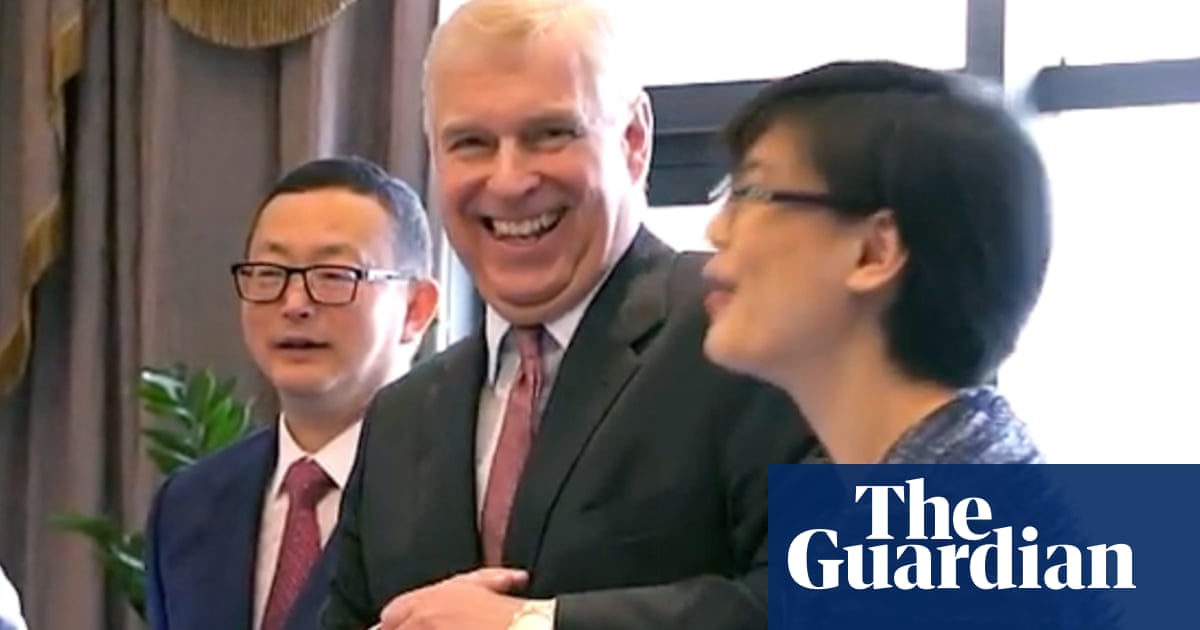Donald Trump has unleashed a trade war on the world, and Europe, considered by Washington to be among the “worst offenders”, is a major target. After hitting European steel, aluminium and cars, this week Trump announced sweeping 20% tariffs on almost all EU imports. Europeans have seen this coming for a long time. Well before his re-election, officials in Brussels were drawing up plans on how the EU might respond to Trump 2.0 and a possible transatlantic trade war.
What might the political fallout in Europe be? The good news is that Trump’s trade war puts Trump-friendly far-right forces in Europe in a terribly uncomfortable position. It’s one thing for the European far right to support Trump in principle, or to support the administration’s tyranny over peoples it doesn’t care about, be it Ukrainians, Canadians, Mexicans or Palestinians. It’s quite another to defend Trump and his policies when the victims are countries that these far-right parties supposedly represent.
Far-right leaders in Europe have adopted two approaches. The most populist among them have remained as obsequious as ever. Matteo Salvini, the leader of the League party in Italy, claimed that Trump’s tariffs represented an “opportunity” for Italian business, without specifying why and how. And if that opportunity is not seized, it will presumably be because of the “grave mistakes” made by Brussels, as the Hungarian foreign minister, Péter Szijjártó, declared. Most other far-right leaders, however, are on the back foot, aware that they are damned if they speak in favour of Trump and damned if they don’t. Italy’s prime minister, Giorgia Meloni, who called the decision “wrong” while meekly arguing in favour of transatlantic talks (as if this were not the position of the European Commission), is clearly uncomfortable.
Another political upside of Trump’s transatlantic trade war on Europe is that it could strengthen unity. This effect is already on display. Squeezed in between Russia’s war and US betrayal, Europeans have rediscovered their support for the EU. The latest Eurobarometer revealed that 74% of Europeans believe their country’s membership of the EU is a good thing, the highest figure in 42 years. Intuitively, citizens understand that by sticking together the EU can better defend their interests. And nowhere is this more true than in the area of trade, an exclusive competence of the EU. This means that the union can develop and deploy a coherent counterstrategy to Trump’s trade war that represents the bloc as a whole, with its second-largest economy in the world and more than 450 million citizens. On trade and the economy, the US can hurt the EU a lot, but the reverse is also true.
The European Commission president, Ursula von der Leyen, gave a preview of the EU’s response. While pursuing negotiations with Washington, given that avoiding a trade war remains the foremost goal, the EU is preparing to retaliate, diversify its trade relations and deepen the single market. Interestingly, von der Leyen responded to Trump’s “liberation day” from Samarkand, where the first EU-central Asia summit is being held. In the same spirit, the entire college of commissioners for the first time travelled to India in February to explore deepening ties with Delhi. António Costa, the president of the European Council, also in Uzbekistan, called for the speedy implementation of the EU’s recently signed trade deals with Mercosur and Mexico.
Retaliation towards the US may include sectoral tariffs that could be phased over time. More significantly, the EU is considering countermeasures in services, where, unlike in goods, the US enjoys an annual surplus of more than €100bn (£84bn) with the EU. This could include measures such as the suspension of intellectual property rights and the exclusion of US companies from European public procurement tenders.
If US escalation continues, demanding for example that the EU lower its VAT, scrap digital taxes or loosen the digital services and digital markets acts, EU retaliation could go as far as activating its trade “nuclear” option, known as the anti-coercion instrument. Developed primarily with China in mind, the instrument could now be deployed against the US if an agreement is not reached. This would seriously limit the access of US service companies to the EU single market. So far the EU has allowed itself more time, refraining from responding immediately after Trump’s tariff appetiser on steel and aluminium. The delay is aimed at exploring all options to reach a quick deal and, above all, find agreement with member states (or at least a majority of them), bearing in mind that not all countries are affected equally, with Germany, Ireland and Italy standing to lose the most from a trade war with the US.
This is where the main risk lies. So far the Trump administration has been anything but subtle. But precisely because of the differentiated economic impact of tariffs, a more sophisticated and dangerous US approach would be that of sowing divisions by leveraging relations with far-right governments in Europe. Washington could try to woo Rome, for instance, where Meloni’s Trump-friendly government could be tempted to break EU unity and accept a favourable bilateral trade deal with the US. In principle it cannot do this, given that trade is an EU competence. But seen from Washington, breaking EU law (and the EU in general) is precisely the point. The US vice-president, JD Vance, is expected to visit Italy over Easter, which makes the threat palpable.
Breaking European unity might not be confined to the EU. Recent months have seen growing strategic convergence across the Channel, especially over Ukraine. The “coalition of the willing” includes France and the UK in the driver’s seat, probably joined by Germany and Poland soon. This may open the way to a broader agreement between the EU and the UK. Trump’s trade war could put the spanner in the works of this strategic realignment, which includes security but also the economy. So far Washington has not been smart enough to go down this route. But we should assume that it will, and prepare to avoid the trap.
after newsletter promotion
-
Nathalie Tocci is a Guardian Europe columnist

 17 hours ago
4
17 hours ago
4













































